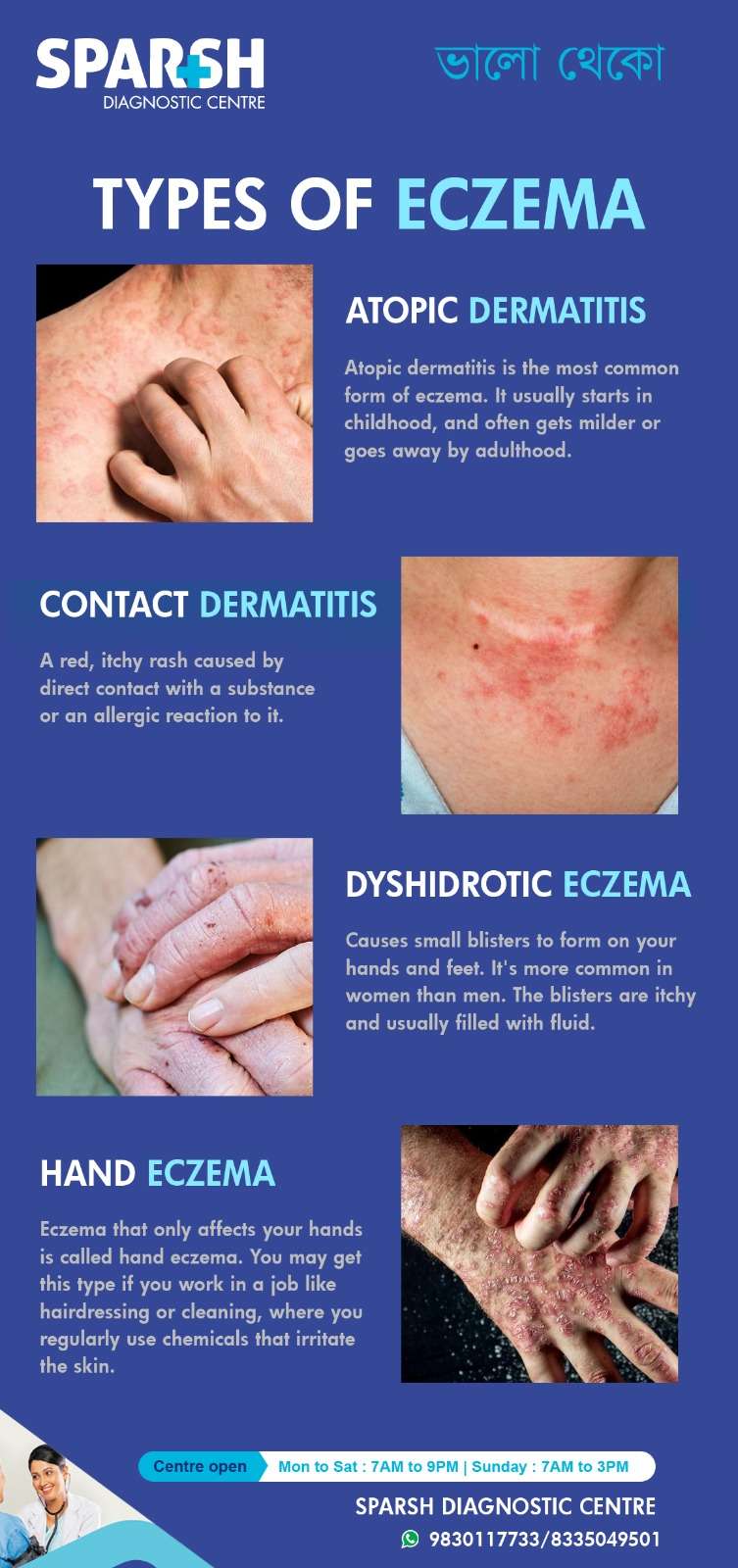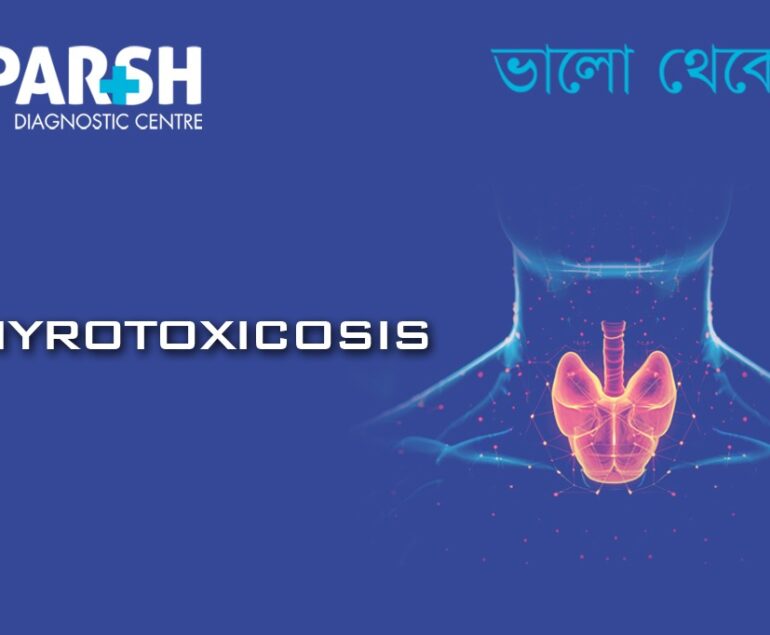Eczema is one of the most widespread skin conditions affecting millions worldwide. Characterized by inflammation, redness, dryness, and intense itching, it can significantly impact daily life. It is not a single disease but rather a group of conditions that cause the skin to become irritated and inflamed.
This blog explores everything you need to know about eczema—its causes, symptoms, types, diagnosis, treatment options, and prevention strategies.
What is Eczema?
Eczema, also known as dermatitis, refers to a group of chronic skin disorders marked by itchy, inflamed, and irritated skin. It can affect people of all ages, though it is most common in children. Some people may outgrow eczema, while others continue to experience flare-ups throughout their lives.
While it is not contagious, it can be uncomfortable and distressing. The severity ranges from mild dryness and itching to painful rashes and blisters that may ooze or become infected.
What Causes Eczema?
The exact cause remains unknown, but it is believed to result from a combination of genetic, immune system, and environmental factors.
Key Causes and Triggers:
Genetics – A family history of eczema, asthma, or hay fever increases the risk.
Overactive Immune System – The immune system reacts strongly to irritants, leading to inflammation.
Environmental Factors – Pollution, harsh weather, and allergens can trigger flare-ups.
Skin Barrier Dysfunction – A weak skin barrier loses moisture easily, making it prone to irritants and infections.
Stress and Hormonal Changes – Stress and hormonal fluctuations can worsen eczema.
Allergens – Dust mites, pet dander, pollen, and mold are common triggers.
Chemical Irritants – Soaps, detergents, shampoos, disinfectants, and perfumes can irritate sensitive skin.
Common Symptoms of Eczema
The signs and symptoms vary depending on the type and severity but usually include:
Dry, scaly skin
Redness and inflammation
Intense itching (worsens at night)
Cracked, thickened skin
Small raised bumps that may ooze fluid
Skin infections due to excessive scratching
Eczema flare-ups can appear on different body parts, including the face, hands, elbows, knees, and feet.
Types of Eczema
There are several types of eczema, each with unique triggers and symptoms:
1. Atopic Dermatitis
The most common form of eczema.
Often starts in childhood and may improve with age.
Associated with asthma and hay fever.
Symptoms: Dry, itchy skin, rashes on the face, elbows, and knees.
2. Contact Dermatitis
Caused by direct skin contact with irritants or allergens.
Symptoms: Red, itchy rash, burning sensation, blisters.
Common triggers: Soaps, perfumes, latex, chemicals, metals like nickel.
3. Dyshidrotic Eczema
Affects the hands and feet.
Symptoms: Small, itchy blisters filled with fluid.
More common in women and those with stress or seasonal allergies.
4. Hand Eczema
Limited to the hands.
Common among people working with cleaning agents, hairdressing chemicals, or constant hand washing.
Symptoms: Redness, cracks, dryness, blisters on hands.
5. Nummular Eczema
Also called discoid eczema.
Appears as coin-shaped patches of irritated skin.
Triggers: Insect bites, dry skin, or injuries.
6. Seborrheic Dermatitis
Affects oily areas like the scalp, face, and upper chest.
Symptoms: Red, scaly patches, dandruff-like flakes.
7. Stasis Dermatitis
Caused by poor circulation, usually in the lower legs.
Symptoms: Swelling, redness, and itchy skin.

Complications of Eczema
If left untreated, eczema can lead to several complications:
Skin infections (bacterial, viral, or fungal) due to scratching
Sleep disturbances caused by severe itching
Thickened and leathery skin from chronic scratching (lichenification)
Emotional stress and anxiety, leading to decreased quality of life
Diagnosis of Eczema
Dermatologists diagnose eczema based on:
Medical history – Family history of allergies, asthma, or hay fever.
Physical examination – Inspecting skin patches and rash patterns.
Patch testing – To identify allergens in contact dermatitis.
Skin biopsy – Rarely needed, but may help rule out other conditions.
Treatment Options for Eczema
There is no permanent cure for eczema, but treatments can effectively manage symptoms and reduce flare-ups.
1. Medications
Topical corticosteroids – Reduce inflammation and itching.
Calcineurin inhibitors (tacrolimus, pimecrolimus) – Control immune response.
Antihistamines – Help relieve itching.
Antibiotics/antivirals – If skin infections occur.
Immunosuppressants & Biologics – For severe cases (e.g., Dupilumab).
2. Moisturizers
Frequent use of fragrance-free, hypoallergenic moisturizers prevents dryness.
3. Phototherapy
Controlled exposure to ultraviolet (UV) light reduces inflammation.
4. Lifestyle and Home Remedies
Use mild soaps and fragrance-free cleansers.
Apply moisturizers daily.
Avoid scratching; keep nails trimmed.
Wear breathable cotton clothing.
Manage stress through yoga, meditation, or breathing exercises.
Prevention and Lifestyle Tips
Keep skin hydrated with gentle moisturizers.
Identify and avoid triggers (soaps, detergents, allergens).
Use lukewarm water for bathing instead of hot water.
Apply ointments immediately after bathing to lock in moisture.
Maintain a balanced diet rich in omega-3 fatty acids and antioxidants.
Practice good stress management.
When to See a Doctor
You should consult a dermatologist if:
The rash is severe and painful.
Over-the-counter treatments don’t help.
Symptoms affect sleep and daily activities.
Signs of infection appear (yellow crust, pus, fever).
Frequently Asked Questions (FAQ) on Eczema
1. Is it contagious?
No. Eczema cannot spread from person to person.
2. Can diet affect eczema?
Yes. Certain foods like dairy, gluten, soy, nuts, or processed foods may trigger flare-ups in some people.
3. Is there a permanent cure?
No permanent cure exists, but treatments and lifestyle management can keep symptoms under control.
4. Does it only affect children?
No. While it often begins in childhood, adults can also develop eczema or continue experiencing flare-ups.
5. What is the difference between eczema and psoriasis?
Both cause skin inflammation, but psoriasis leads to thick, scaly patches, while eczema usually causes redness, itching, and oozing.
6. Can stress make eczema worse?
Yes. Stress is a well-known trigger for eczema flare-ups.
7. Which moisturizer is best for eczema?
Thick, fragrance-free creams or ointments (like petroleum jelly or ceramide-based creams) are recommended.
8. Can eczema go away on its own?
Mild cases may improve over time, especially in children, but many people require long-term management.
Eczema is a chronic skin condition that requires consistent care and management. Understanding your triggers, adopting preventive measures, and following treatment guidelines can significantly reduce flare-ups. Consulting a dermatologist ensures proper diagnosis and a personalized treatment plan.
With the right care, people with eczema can enjoy a better quality of life and maintain healthy skin.
To consult a Dermatologist at Sparsh Diagnostic Centre, call our helpline number 9830117733.
#BhaloTheko
Disclaimer:
No content on this site, regardless of date, should ever be used as a substitute for direct medical advice from your doctor or other qualified clinician.

![]()






[…] Conditions: Dermatitis, eczema, or lichen sclerosus affecting the […]
[…] conditions – such as eczema, athlete’s foot, psoriasis, or […]
[…] acne, or eczema can lead to post-inflammatory hyperpigmentation, where the affected skin becomes […]
[…] risk of eczema or […]
[…] reactions or eczema due to damp clothes and stagnant […]
[…] Fatigue and brain fog✔ Joint pain and inflammation✔ Skin issues (eczema, acne, psoriasis)✔ Autoimmune […]
[…] issues like acne or eczema, which can be linked to […]
🐱🐈🐈⬛🫏🫎🐮🐂🐂🐃🐃
[…] moisture loss and promoting elasticity. This makes them valuable for reducing symptoms of dry skin, eczema, and psoriasis. Some studies have also linked omega-3 intake with a reduced risk of acne by helping […]
[…] 1. Eczema (Atopic Dermatitis) […]
[…] stress are visible on the skin as well. Stress can cause or aggravate skin conditions such as acne, eczema, psoriasis, and rosacea. It can also lead to hair loss and brittle nails. The skin’s barrier […]
[…] Delayed wound healing and skin conditions like acne or eczema. […]
[…] gut-skin connection is well-documented, and dysbiosis has been linked to conditions such as eczema, psoriasis, and acne. Imbalances in the gut microbiome can trigger inflammation that manifests in […]
[…] Skin conditions such as eczema […]